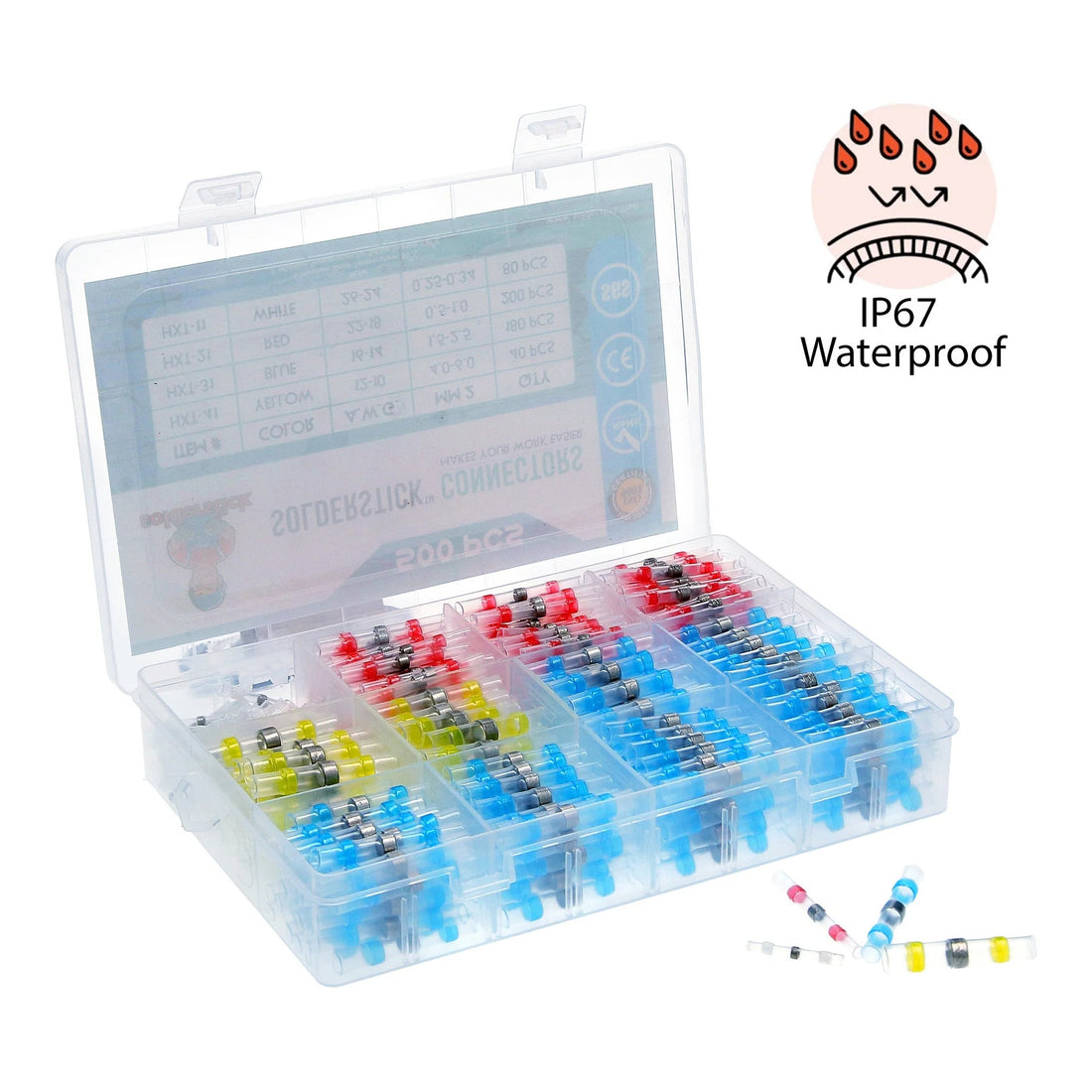
Choosing the Right Wire Connector: A Buyer's Guide for Safe Water Applications
Understanding the Importance of Safe Water Wire Connectors
Safe water wire connectors are designed to create a reliable and waterproof seal around electrical connections, safeguarding them from water intrusion and potential damage. Choosing the right wire connector for your safe water application is essential to prevent electrical hazards, malfunctions, and costly repairs.Types of Safe Water Wire Connectors
Waterproof Wire Nuts: These connectors are designed to provide a waterproof seal around electrical connections. They are easy to use and suitable for a wide range of outdoor applications. Make sure to choose a model that is specifically labeled as waterproof.
Gel-Filled Connectors: Gel-filled connectors offer a robust, waterproof seal by surrounding the connection with a moisture-resistant gel. They are often used in underground wiring and irrigation systems.
Heat Shrink Connectors: Heat shrink connectors create a tight and waterproof seal when heated. These connectors are suitable for a wide range of applications, including submerged connections.
Twist-On Waterproof Connectors: These connectors are similar to traditional wire nuts but are designed with a waterproof seal. They are excellent for outdoor lighting, fountains, and other above-ground water features.
Factors to Consider When Choosing Safe Water Wire Connectors
Waterproof Rating: Check the waterproof rating (usually expressed in IPX format) to ensure that the connector is suitable for your specific water application. The higher the rating, the better the protection against water ingress.
Wire Gauge Compatibility: Make sure the connector is compatible with the wire gauge you're using. It's important that the connector fits snugly to ensure a secure connection.
Temperature and Environmental Factors: Consider the temperature range and environmental conditions where the connector will be used. Some connectors may be better suited for extreme temperatures or exposure to UV rays.
Ease of Installation: Depending on your skill level and the complexity of your project, choose a connector that is easy to install. Some connectors may require additional tools or techniques, so ensure you're comfortable with the installation process.
Durability and Longevity: Look for connectors made from high-quality materials that can withstand the test of time. It's worth investing in a connector that will provide long-term reliability.
Certifications and Standards: Check if the connector complies with industry standards and certifications to ensure safety and quality.
Brand Reputation: Consider purchasing connectors from reputable brands with a track record of producing reliable products.
Conclusion
When it comes to safe water wire connectors, prioritizing safety, reliability, and waterproofing is essential. Taking the time to choose the right connector for your specific application can help prevent electrical hazards and ensure your project's longevity. Keep in mind the factors mentioned in this buyer's guide and consult with professionals if needed to make an informed choice. Ultimately, the right wire connector will provide peace of mind and safeguard your electrical connections in water-related applications.
